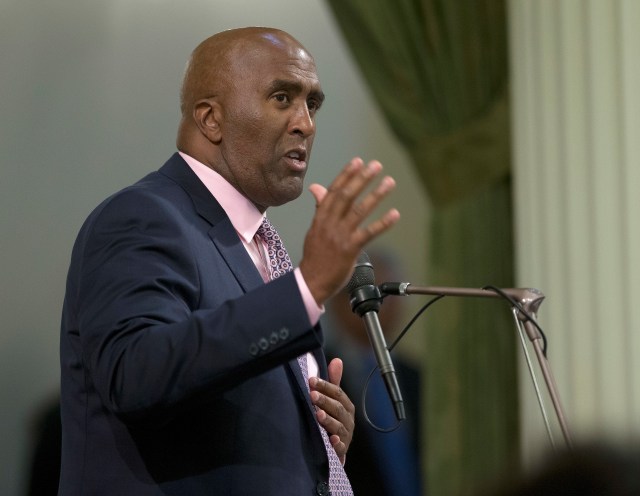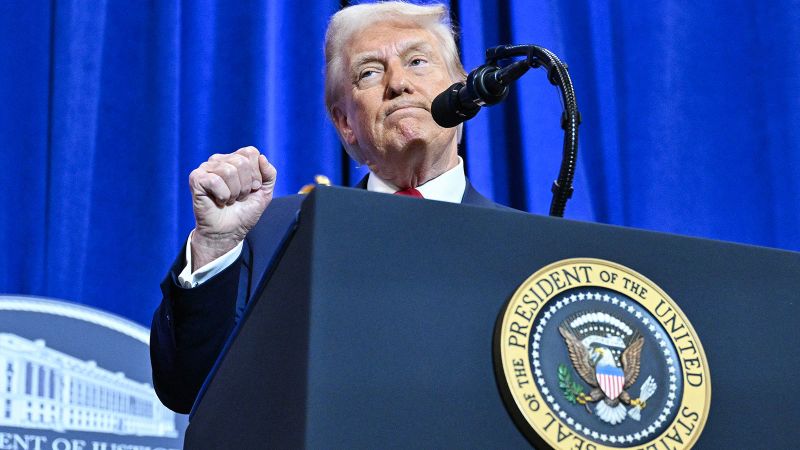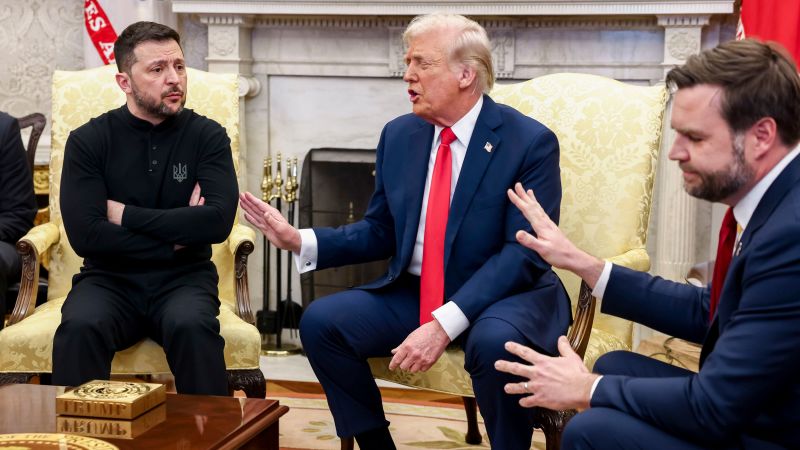Seoul's Power Struggle: The Political Showdown That's Shaking South Korea
Politics
2025-03-23 19:00:34Content
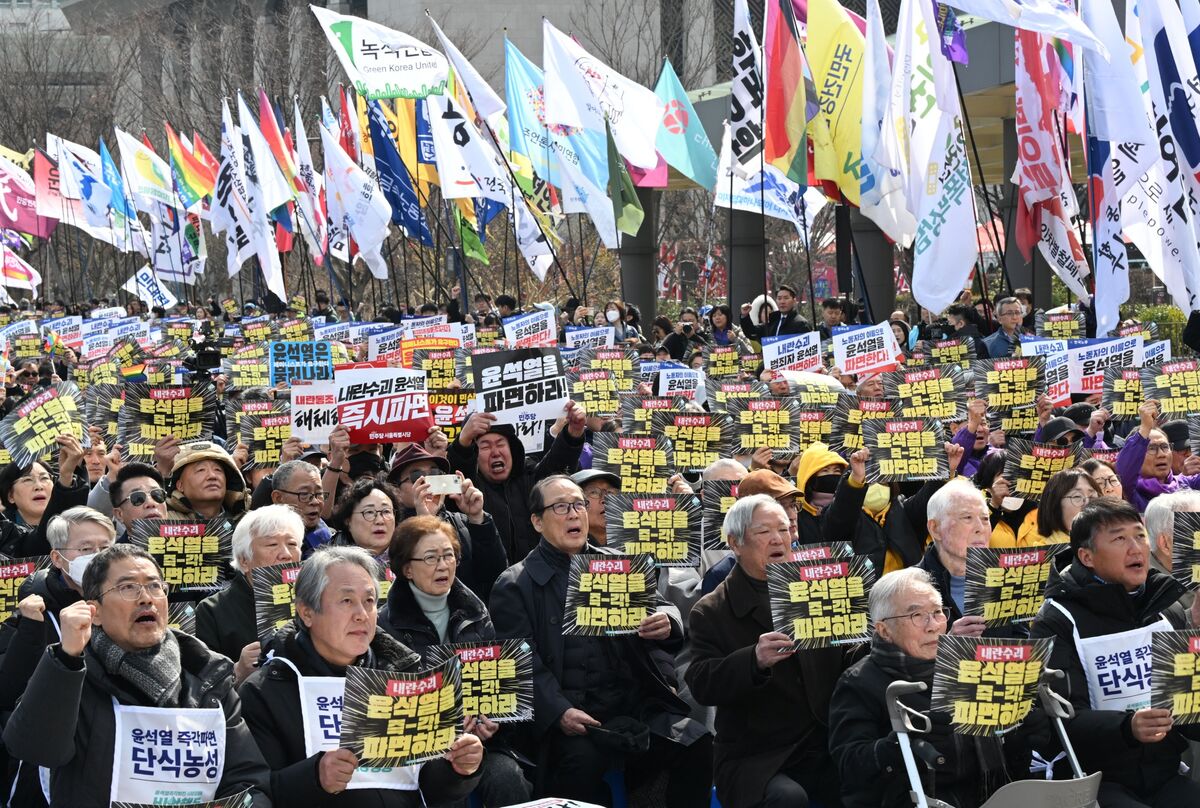
The declaration of martial law by President Yoon Suk Yeol has left deep, painful fissures in South Korean society, creating wounds that will not easily mend. The political upheaval has exposed underlying tensions and dramatically polarized the nation, revealing the fragile nature of social cohesion in times of intense political conflict.
The sweeping emergency measures have not only disrupted the normal functioning of democratic institutions but have also created lasting psychological scars among citizens. Trust, once a cornerstone of social unity, has been significantly eroded, leaving communities divided and wary of one another.
Healing these societal wounds will require more than just political reconciliation. It will demand genuine dialogue, empathy, and a collective commitment to understanding the diverse perspectives that have emerged during this tumultuous period. The path to restoration will be gradual, requiring patience, compassion, and a willingness to bridge the deep ideological divides that have been exposed.
As South Korea moves forward, the challenge lies not just in addressing the immediate political crisis, but in rebuilding the social fabric that has been so dramatically torn apart by this unprecedented declaration of martial law.
The Fractured Nation: South Korea's Political Turmoil and the Lingering Wounds of Martial Law
In the complex landscape of modern political governance, few events have the power to fundamentally reshape a nation's social fabric as profoundly as the declaration of martial law. South Korea's recent political upheaval under President Yoon Suk Yeol has exposed deep-seated tensions that threaten to unravel the delicate social cohesion painstakingly built over decades of democratic struggle.A Nation Divided: The Devastating Impact of Political Intervention
The Roots of Social Fragmentation
The declaration of martial law represents more than a mere political maneuver; it is a seismic event that penetrates the core of societal trust and institutional integrity. President Yoon Suk Yeol's controversial decision has created unprecedented fissures within South Korean society, exposing long-simmering tensions between political ideologies, generational perspectives, and fundamental interpretations of democratic principles. The psychological impact of such a declaration cannot be understated. Citizens who have long viewed their democratic institutions as sacrosanct suddenly found themselves confronting a stark reality where governmental power could be wielded with unprecedented arbitrariness. This moment of political disruption challenged the very foundations of social contract and mutual understanding that had defined South Korea's democratic evolution.Psychological and Social Consequences
The trauma induced by martial law extends far beyond immediate political consequences. Families, communities, and professional networks have been systematically divided, with relationships strained by divergent interpretations of governmental actions. Trust, once a cornerstone of social interaction, has been dramatically eroded, creating invisible but profound barriers between different segments of society. Psychological research suggests that such political interventions can generate long-lasting collective trauma. The memories of restricted freedoms, potential surveillance, and the suspension of normal democratic processes leave indelible marks on individual and collective consciousness. These scars manifest in reduced social mobility, increased interpersonal tensions, and a pervasive sense of uncertainty about future political developments.Institutional Erosion and Democratic Resilience
The declaration of martial law represents a critical stress test for South Korea's democratic institutions. Each governmental intervention challenges the established norms of democratic governance, potentially creating precedents that could be exploited by future political actors. The delicate balance between state security and individual liberties becomes increasingly precarious, with potential long-term implications for democratic practices. Academic and political analysts have noted that such moments of political disruption often serve as catalysts for broader societal transformation. The current fractures might ultimately lead to more robust democratic mechanisms, increased civic engagement, and a more nuanced understanding of political power's limitations.Path to Reconciliation and Healing
Healing the wounds inflicted by martial law requires a multifaceted approach. It demands genuine dialogue, transparent governmental processes, and a collective commitment to understanding diverse perspectives. Reconciliation cannot be mandated but must emerge organically through sustained efforts at rebuilding trust, acknowledging past mistakes, and creating inclusive political spaces. Community-level interventions, psychological support systems, and educational programs focused on democratic values will be crucial in navigating this challenging transition. The resilience of South Korean society will ultimately be measured by its capacity to transform this moment of crisis into an opportunity for deeper democratic maturation.RELATED NEWS
Politics
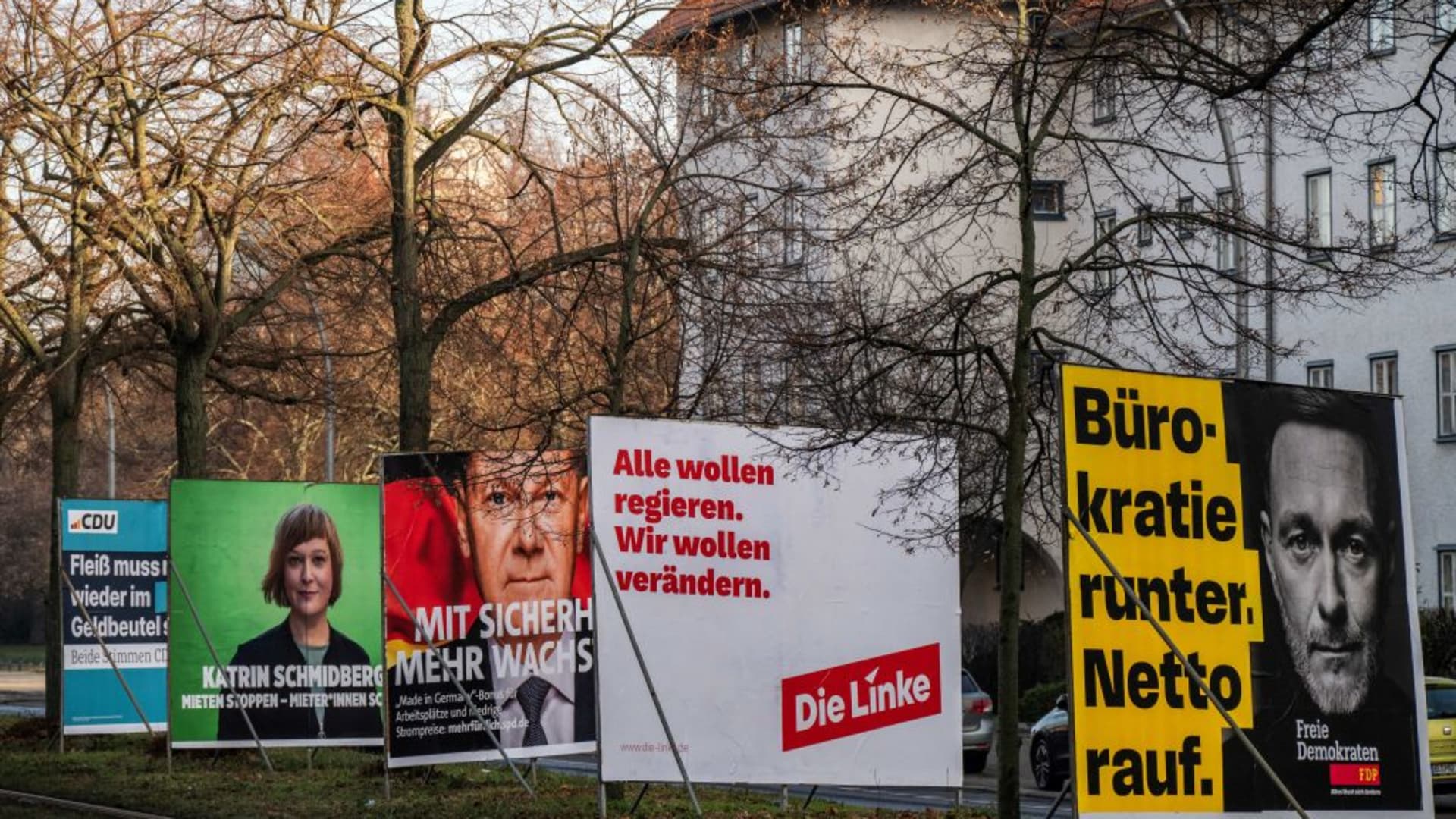
Political Earthquake: Germany's Centrist Landscape Crumbles as Voters Embrace Radical Edges
2025-02-24 10:59:01



